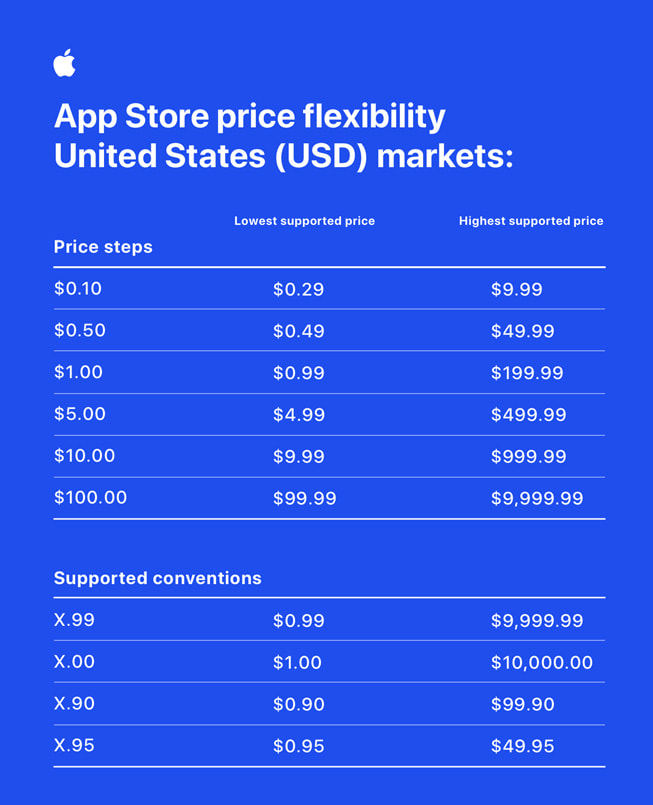In the ever-evolving landscape of digital commerce, Apple has once again thrust itself into the spotlight with its recent decision regarding the App Store. This pivotal decision has evoked a myriad of reactions from developers, consumers, and industry analysts alike. Does this signal a shift in the Cupertino giant’s approach to its ecosystem, or is it merely another chapter in a long saga of controversy?
The heart of the matter lies in what many considered a promising enhancement—an opportunity to diversify pricing strategies within the App Store. By adding 700 new pricing tiers, Apple aimed to empower developers with greater flexibility, enabling them to tailor their offerings to the nuanced demands of their target demographics. This development was expected to revolutionize the way applications are marketed and monetized, fostering an environment rich with creativity and competition.
However, along with this promise came the stark reminder that Apple’s policies often oscillate between innovation and restriction. The company, renowned for its tightly controlled ecosystem, has faced scrutiny for its rigid guidelines and the substantial commission it collects from developers. By imposing a ceiling on how developers can utilize these new pricing tiers, Apple seems to be tightening its grip, raising questions about the sincerity of its commitment to fostering an equitable marketplace.
Moreover, the decision has sparked a broader conversation about the implications for independent developers. While larger entities may navigate these restrictions with relative ease, smaller developers could feel the brunt of these policies more acutely. The idea that a tool meant to empower is, in fact, shackled by overarching regulations is disconcerting. As the digital marketplace expands, the implications of such constraints become increasingly pronounced.
Interestingly, this situation teeters on a philosophical precipice: how much autonomy should a platform grant its users, and at what point does that autonomy threaten the platform’s foundational integrity? Apple’s decision, while ostensibly a step toward flexibility, raises critical questions about the balance of power. The tech titan’s reluctance to fully embrace a democratized pricing approach suggests an underlying fear—fear of diluting its brand, fear of dwindling revenues, or perhaps an innate desire to maintain control over its vast market.
The discourse surrounding Apple’s recent announcement is laden with curiosity and anticipation. As stakeholders adapt to these changes, the adaptation process will surely reveal the true ramifications of Apple’s decisions. In an era where innovation should trump apprehension, can Apple reconfigure its narrative to embrace genuine empowerment for its developers? Only time will illuminate the path ahead for the App Store.
